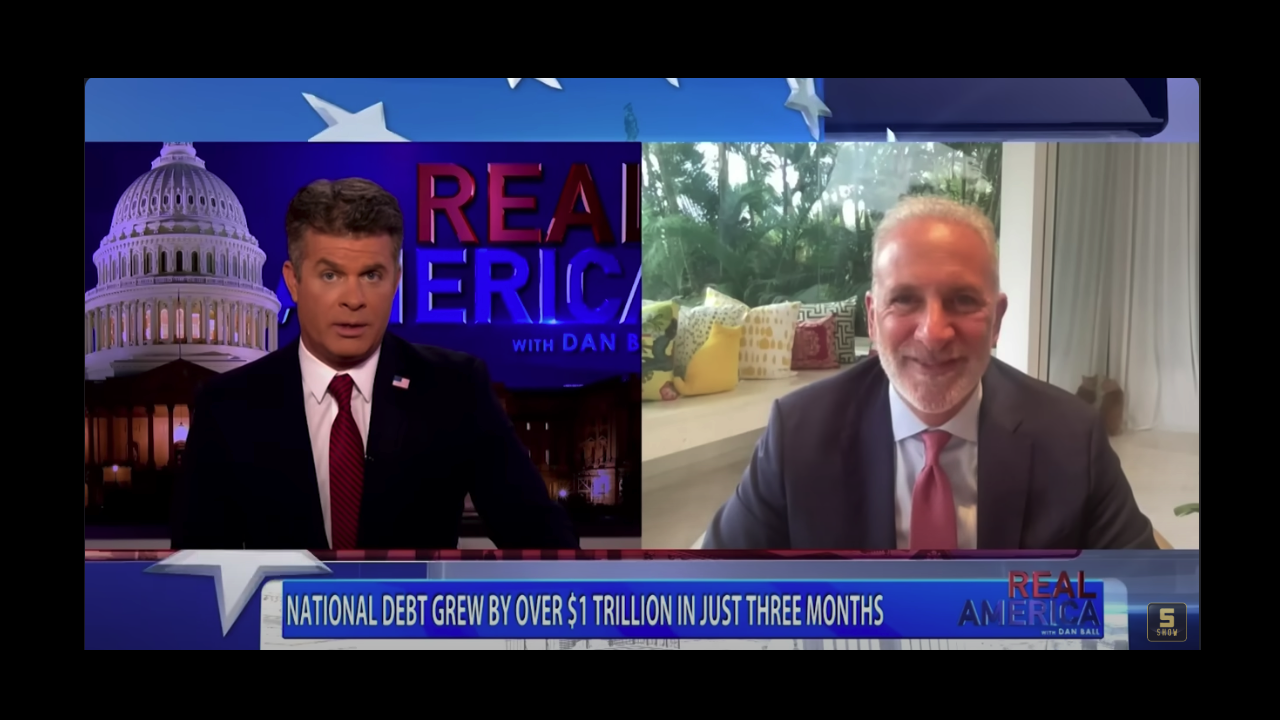


In recent discussions surrounding inflation and economic policy, Frank Shostak argues that the concept of 'price stability' is fundamentally a myth that undermines economic well-being. Many economists hold the belief that stable prices are crucial for economic stability, which aligns with the Federal Reserve's goal of achieving a 2% yearly growth rate in prices. However, Shostak critiques this assumption, stating that the idea of money neutrality is flawed; changes in the money supply do not merely affect general price levels but also have significant impacts on relative prices across the economy [9cf4fe20].
Shostak points out that inflation tends to redistribute wealth from those who receive money later to those who receive it earlier, creating disparities that challenge the notion of a stable economy. He argues that the idea of a general 'price level' is conceptually problematic and that the focus on maintaining price stability leads to detrimental central bank interventions in the market. Instead, he advocates for free price fluctuations and sound money, suggesting that these approaches would better serve economic health than the current policies promoted by institutions like the Federal Reserve [9cf4fe20].
This critique of price stability adds another layer to the ongoing debate about inflation and the effectiveness of monetary policy. It resonates with the recent criticisms directed at Paul Krugman, who has been accused of downplaying the persistent issues of inflation despite claims that it has been defeated. Economists have been vocal about their concerns regarding how inflation continues to affect consumers and the broader economy, emphasizing that the data often manipulated to present a more favorable picture of economic conditions [3c06df45].
The discussion surrounding inflation and monetary policy is further complicated by the views of other economists, such as Peter Schiff, who argue against the government's portrayal of inflation and its impact. Schiff emphasizes the need for individuals to protect themselves against inflation by investing in tangible assets, reflecting a broader skepticism towards the government's economic narratives [69806b52].
As the conversation evolves, it becomes clear that the debate over inflation, price stability, and the role of the Federal Reserve is far from settled. The perspectives of economists like Shostak, Krugman, and Schiff illustrate the complexity of these issues and the varying interpretations of economic data and policy effectiveness [9cf4fe20] [3c06df45] [69806b52].